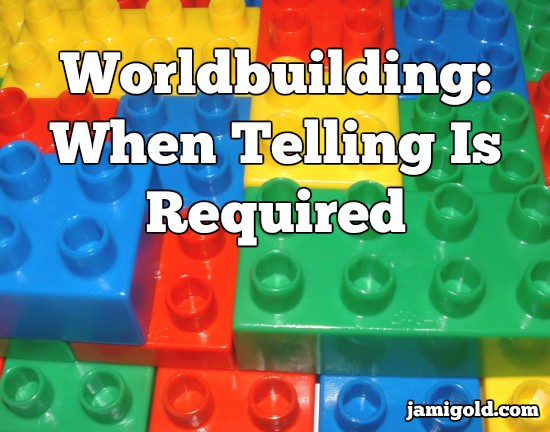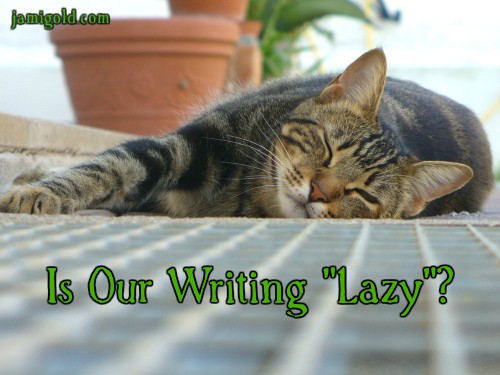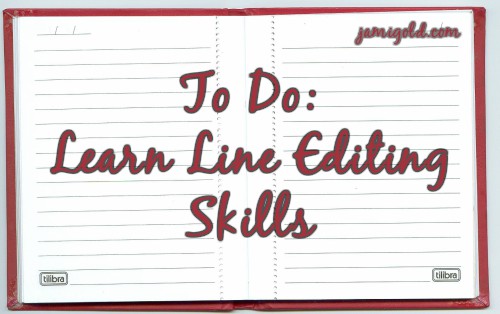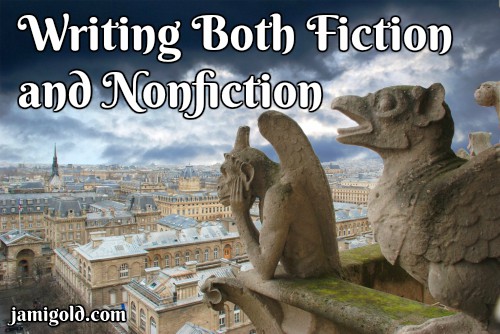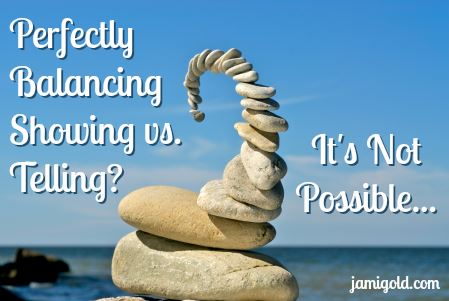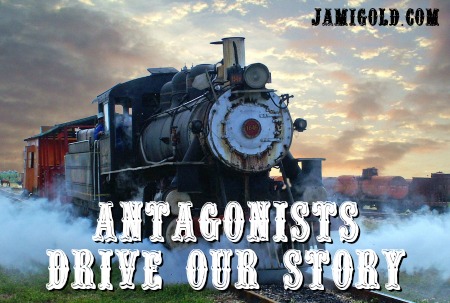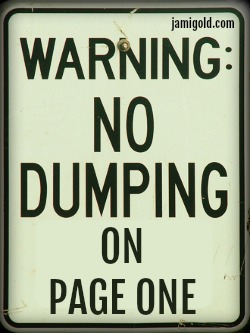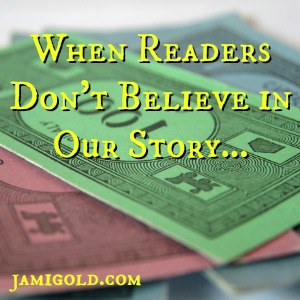The word showing obviously makes us think visually, but same as us, our characters experience the world through more than just their visual sense. What are our options for showing beyond visual descriptions? Can we create a deeper world by engaging other senses?
Pin It
Read More
In the writing world, we often hear the advice to “show, don’t tell.” I’ve mentioned before that telling isn’t bad or something to be avoided at all costs, and a fantastic post by Cecilia Tan points out how the advice can actually be harmful.
Pin It
Read More
Several writing craft issues tend to be hallmarks of what’s called “lazy writing.” The practice of head hopping is usually considered lazy writing, but we might not understand why it earns that label. Let’s learn more and see how we can avoid head hopping and the “lazy writing” trap.
Pin It
Read More
Learn what skills to study with my master list of Line Editing skills. What craft skills do we need to understand and be able to apply to develop our voice and writing?
Pin It
Read More
Just because we’re skilled at nonfiction writing doesn’t mean we’re skilled at storytelling (or vice versa). To do both, we might have to unlearn a lot of what we’ve learned about writing. Today, Elizabeth Randolph shares her insights on changing writing styles.
Pin It
Read More
Deep POV relates the story from inside our character’s head, and subtext hides meanings between our words. Together, those concepts develop our characters and the relationship between them.
Pin It
Read More
It’s not always easy to know how much showing or telling works best for our story, so let’s dig a little deeper into some of the problems with trying to find the right balance of showing and telling in our stories.
Pin It
Read More
We’ve explored how antagonists act as the conflict-engine for our story, but our Big Boss Troublemaker isn’t in every scene. What keeps the rest of our story going? Kristen’s going to teach us today about scene antagonists.
Pin It
Read More
It’s hard to get our opening pages just right because we have to grab readers’ attention, introduce our characters and the story world, hint at a problem, etc. With everything we want to get across to the reader, we might dump too much information. How can we avoid info dumping or confusing readers at the beginning of our story?
Pin It
Read More
One of the many reasons we need feedback is to help us fill in the blanks for things we can’t see or for understanding how others might interpret our words. But what happens when readers see our words and understand our intention, but they don’t believe what we’re telling them?
Pin It
Read More


